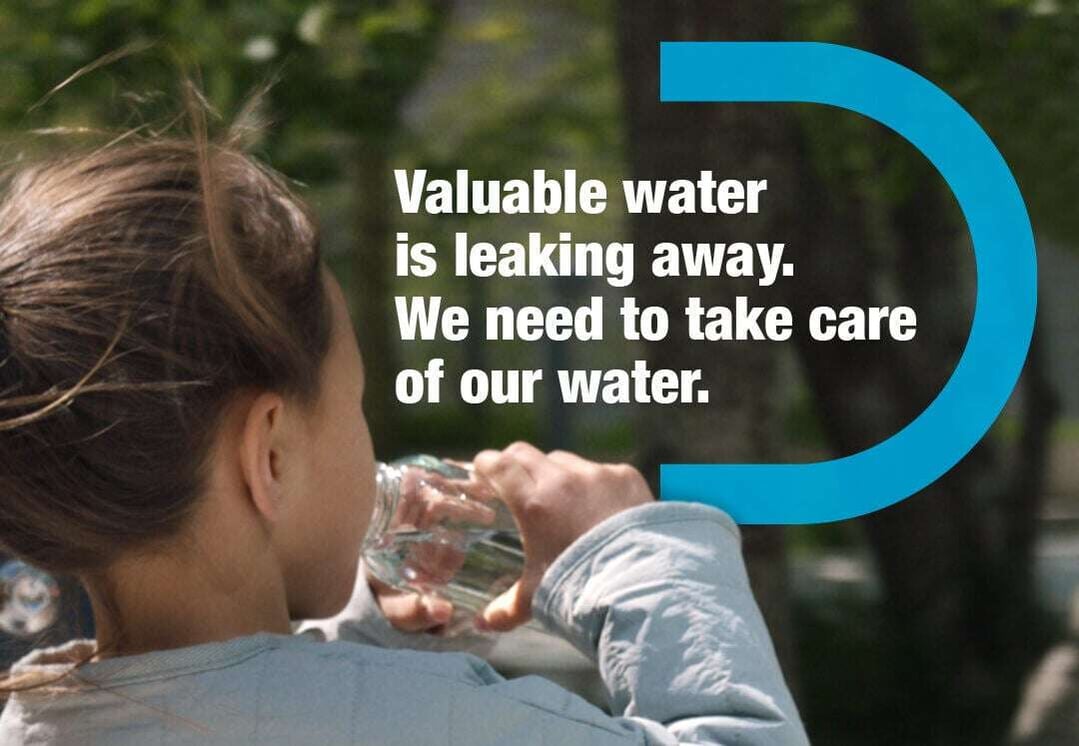Water is the most abundant resource on the earth, covering 70% of the planet. Yet we are facing a drinking water crisis where over one-quarter of the population does not have access to safe drinking water. Even in the UK, where rain seems plentiful and we take drinking water for granted, we are not immune from the effects of drought and a drinking water crisis.

Why is water efficiency important?
Although they don’t usually cause major issues, droughts are relatively common in the UK. Most recently there were notable droughts from 2010 to 2012, 2004 to 2006 and 1995 to 1996. There are various types of droughts with different impacts, but the most severe would be a water supply drought when water companies highlight concerns over supplies to their customers. These types of drought tend to take longer to take effect than other types, as water companies have plans in place to deal with them and minimise their impact. But as population growth and the effects of climate change increase, these plans will need to be adapted.
Climate change means that we will encounter more extreme weather conditions, but managing drinking water means that we will need to have the infrastructure to store the water from wetter winters for the warmer and drier summers. The environment agency says that we currently don’t have enough of this infrastructure in place. Trying to manage uncertainty and predict what will happen in the future is a major issue for the water industry.
Water efficiency has been identified by Water UK as key to reducing the risk of drought and adapting to climate change. They highlight an analysis supplied by the Environment Agency, which shows that the single biggest factor determining our future ability to meet water needs is whether we can make small reductions in the amount of water used per person.
Water efficiency is also important to the environment and the economy. Reducing water usage will help to reduce the energy needed to treat wastewater, and also the energy needed to pump and heat water.
Why do we need to reduce per capita consumption?
The average person in the UK used 142 litres of water per day in 2020. Whilst this may not seem like a lot of water when you multiply it by the whole population of the UK, it adds up to 9716 million litres of water! Even small reductions to per capita consumption can add up to big savings. These reductions could come from both water conservation and efficiency.

What is the difference between water conservation and efficiency?
Water conservation and efficiency both have the same goal of using less water overall, Water conservation describes a reduction in the use of water that is usually driven by behavioural changes that can be affected by policies, programs and practices. This could include turning off the tap whilst cleaning teeth, not running the dishwasher unless it is full, and not using tap water to water the garden. Water efficiency is about using the least amount of water necessary to get the job done, and often includes the use of technology to do so.
How can we improve water efficiency?
Water efficiency could be improved by the use of water-efficient appliances, water efficiency standards for new homes, plus installation, maintenance and retrofitting of existing properties. Consumers can also check their properties for leaks to ensure the efficiency of their property.
Waterwise explain that showers, toilets, baths and sinks consume more than two-thirds (68%) of household water. Aerated and low-flow shower heads, efficient flush toilets and sensor taps can reduce the amount of water used significantly.
What are the current regulations for water efficiency of properties?
Water consumption of new buildings must comply with approved documentation of building regulations for England and Wales – Sanitation, hot water safety and water efficiency. Under building regulations Part G, the water consumption should be no greater than 125 litres per person per day, and the water usage for a dwelling should be calculated in accordance with the ‘Water efficiency calculator for new dwellings.
However, there is currently no legal requirement for developers, landlords or building contractors to provide details of the water efficiency of a building in the same way that the Energy Performance Certificate (EPC) does for energy usage. So the question remains: should there be one?
Find out more about how we are working to ensure safe and efficient water supplies


